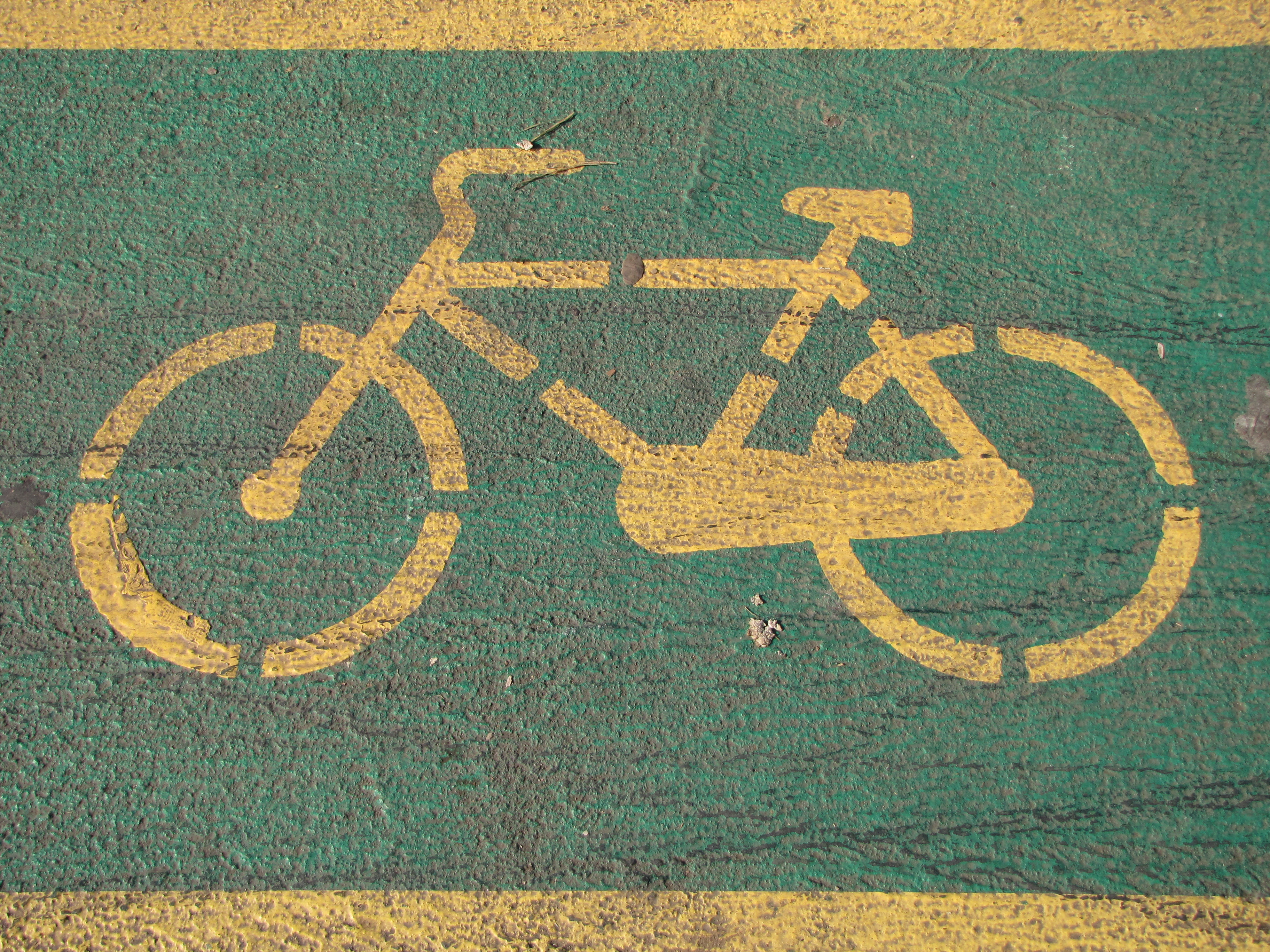TUESDAY, Dec. 27, 2016 (HealthDay News) — Homeless people are especially likely to suffer from insomnia, fatigue and lack of sleep, a new French study shows.
“We believe that improving sleep deserves more attention in this vulnerable group,” wrote the study authors, led by Dr. Damien Leger of the Paris Descartes University and the Public Assistance Hospital of Paris.
For the study, the researchers reviewed responses to a survey taken by almost 3,500 homeless people in France.
The participants’ average age was almost 40. Most were men. They all lived on the street or in shelters and other places that serve the homeless.
The researchers compared the responses of the homeless to a sample of French adults who were not homeless. Overall, the homeless reported sleeping less (6 hours, 31 minutes) than the general population (7 hours, 9 minutes).
And 8 percent of the homeless said they hadn’t managed to get four hours of sleep over the last 24 hours, compared to 3 percent of the general population.
More than 40 percent of the homeless people reported insomnia, which is about double the rate of the general population. One-third of the homeless said they were tired during the day, again more than twice the number of the general population.
“We strongly support strategies other than hypnotic agents to improve sleep in the homeless, including more careful control of noise, lighting, heating and air conditioning at night,” Leger and his team wrote.
“Facilities could provide residents with sleep aids, such as earplugs, eye sleep masks and pillows. Screens between beds could offer some sense of privacy, even in collective dormitories, and addressing issues of personal security should promote better sleep,” the researchers added.
The study appears Dec. 27 in the journal JAMA Internal Medicine.
More information
For more about sleep, visit the U.S. Centers for Disease Control and Prevention.
Copyright © 2025 HealthDay. All rights reserved.

